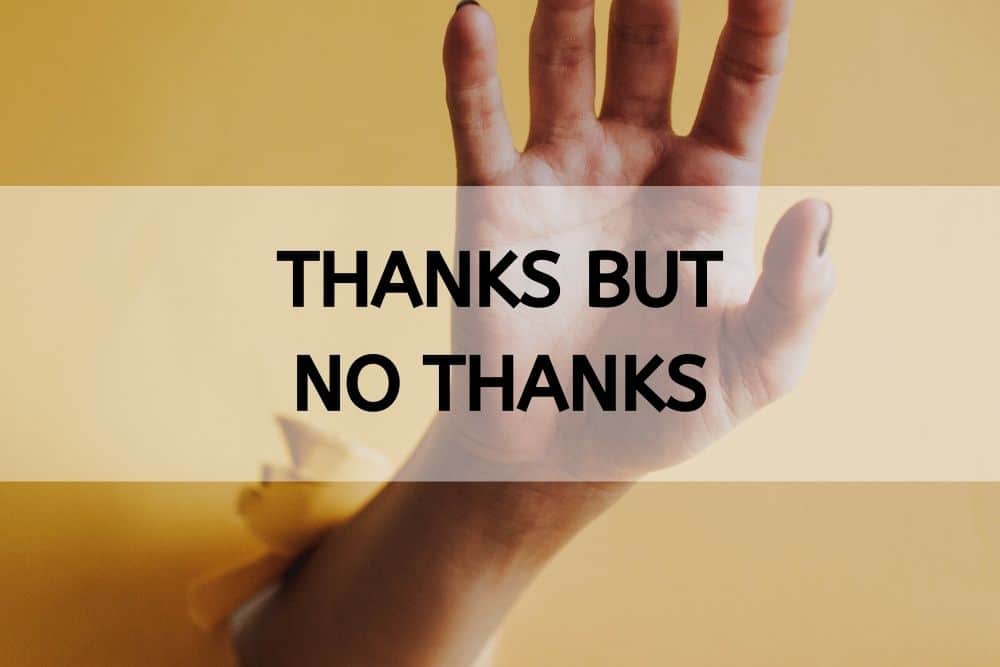Art students often have a big misconception about the industry they are (hopefully) soon to become a part of. The romantic idea of the starving artist often plays into it. Very few people actually know what kind of a harsh world they are about to step into and regrettably very few schools, on the old continent at least, do little to nothing about educating their students about it.
Auditioning training, understanding the profession, Lunch&Learn, music technology are only some of the subjects students have on the curriculums during their study in the USA to better prepare them for the challenges they are about to face. Times are changing in every industry with rapid speed and it costs unaware young art professionals considerable amounts of time and money to adjust to it. Many discouraged, talented people quit the race too soon, unable to navigate their carriers into the desired direction.
Auditioning training is there to teach some sensible things on how to prepare for your audition: what to (or NOT to) wear, coping with nerves and similar things we have covered in another article.
The next thing on your list of skills you absolutely must acquire is:
How to handle rejection.
Rejection is not easy and it often feels similar to a romantic heartbreak, but the moment you become a part of the professional, working landscape, you have to acknowledge and prepare yourself for rejection.
Every successful professional in any field of work has had to learn how to handle rejection and as a performing artist, I assure you, you will get your fair share of those. The real world isn’t a place for the weak. You can’t curl up in a ball every time you get rejected. Actually , you can, but you can’t stay curled up.
Rejection never feels good. However, you can make it work for you, learn how to overcome it and leave it in the past.
Fight or flight
First order of business: Don’t do anything rash!
The most common first reaction to rejection is a fight or flight response but, trust me, you don’t want to do either. Lashing out in an angry email phone call or tweet you will regret as soon as you calm down might not only be unprofessional but it will also cut your chances of getting called back for another audition or hired by that company to zero. While ignoring the hurt you feel will most likely make you lash out at someone close to you or indulge in some sort of (mildly) self-destructing behaviour…or both. So instead of doing any of those things: Acknowledge your emotions and give yourself a moment, a night or week(end) to heal. Let yourself be disappointed, embarrassed, angry, teary-eyed, whatever.
Rejection does NOT equal shame
You’ll probably want to talk to someone about the rejection at some point. Try to choose a person you trust who can understand what you’re going through. A trusted friend, a teacher, colleague, parent … someone who has earned a right to hear your story.
This is your first step toward dealing with the reality of the situation. You were rejected. It feels terrible, so allow yourself to feel terrible and then:
“Ever tried. Ever failed. No matter. Try again. Fail again. Fail better.”
Samuel Beckett
It’s kind of like working a muscle – the more you use it, the stronger it gets. If you put weeks and weeks between each training session, though, you’ll have to start from zero every single time. Don’t do that to yourself. Prove that you can try again and succeed, or that you can try again and fail and still survive. It’s like exposure therapy for artists.
Once you are ready to try again here are some things that can help on the way:
Realize what rejection is NOT:
Rejection is not a commentary on your self-worth or value as a person. It’s not a definition of who you are or what you’re lacking.
It’s SIMPLY one person or company saying, “You’re not a match for me.”
Fight your instinct
The most common first reaction of an artist getting rejected is: “I’m shit, no wonder I didn’t get it“, but in truth that might actually be the very last reason. They might be looking for something very specific that is not specified on the audition notice. Something they are hoping to find but are not sure they can get if they narrow the pool of people auditioning. Silly things we might never think of as singers.
They prefer a certain type, certain height that suits other members of the cast, certain built that can fit in the costume of a person who did the role before (to minimize the costs), someone who is local (to minimize travel and accommodation costs); you reminded someone on the panel of their much-hated ex and they disregarded you because of it (like it or not, that happens too), another agency negotiated better for their candidate, you have too much experience for a small role, you have not enough experience for certain role….
Possibilities are endless, some of them are not exactly fair but the fact remains: we are all human no matter on which side of the panel we might be and there are many pieces of the puzzle that need to be accommodated to make any production, not all of which are favorable to all artists. The panel judging you really wants to find their ideal person: their views on what and who that person is and how they handle the audition on their side will differ from person to person and definitely from panel to panel.
Use rejection to your advantage
So, once you made peace with the fact that getting rejected is not a personal attack on your self-worth, you are ready to refine your approach to the next audition by:
- Figuring out what the rejection got right. This is one of the hardest steps to take when you’ve been rejected by a professional contact. Even if you think they’re wrong and out of line, ask yourself, “What are they most right about?” Most right. Not completely right. What’s the part of the rejection that makes sense to you, even if it’s a microscopic bit of sense. Whatever it is, face it. You’ve probably thought the same thing about yourself but ignored it. Now is the perfect time to accept it and work on it.
- Play into your strengths. You may have been rejected because you’re not playing to your strengths. Make a list of the things you enjoy doing and the things you do well, and figure out where interests and skills overlap. Focus on those things – you made them happen, and it wasn’t accidental. Take something you’ve done well in the past and level up – take a risk that’s built on the back of past success.
- There’s a lot in your professional life to be grateful for. You can make a list of your accomplishments, no matter how small. When did you succeed and receive good feedback?
- Be pragmatic. Rejection is a possibility every time you do something new. Acknowledge that rejection is a possibility. So is success. Accept those inevitabilities, then move forward to find out what happens. Also “put all eggs in one basket” by investing all your hopes in one audition. After one is done, work on getting more and learn how to move on in your mindset while waiting for the answer from one and preparing for the next.
Confront your fears. Ask yourself what you’re so afraid of. Think about the worst-case scenario. Is that something you can’t deal with? The perceived threat loses some of its power once you put it into perspective.
Last but not least:
Whether you’re afraid of it or not, rejection is going to happen. Your energy can go toward being terrified of it and trying to avoid it, or it can go toward facing it, embracing it and improving yourself. Rejection won’t stop coming if you continue to move upwards, but you’ll get better at bouncing back.
What is your experience? Do you have any extra tip? Let me know in the comments below!






